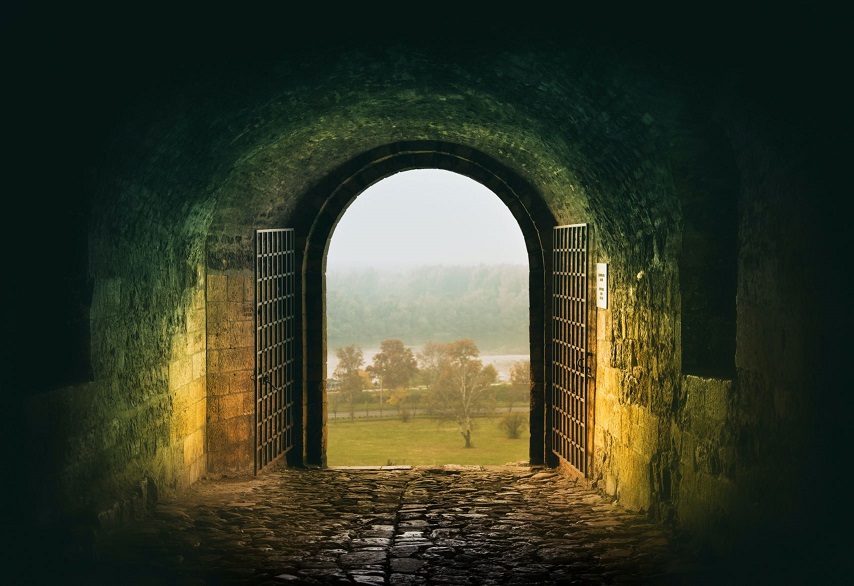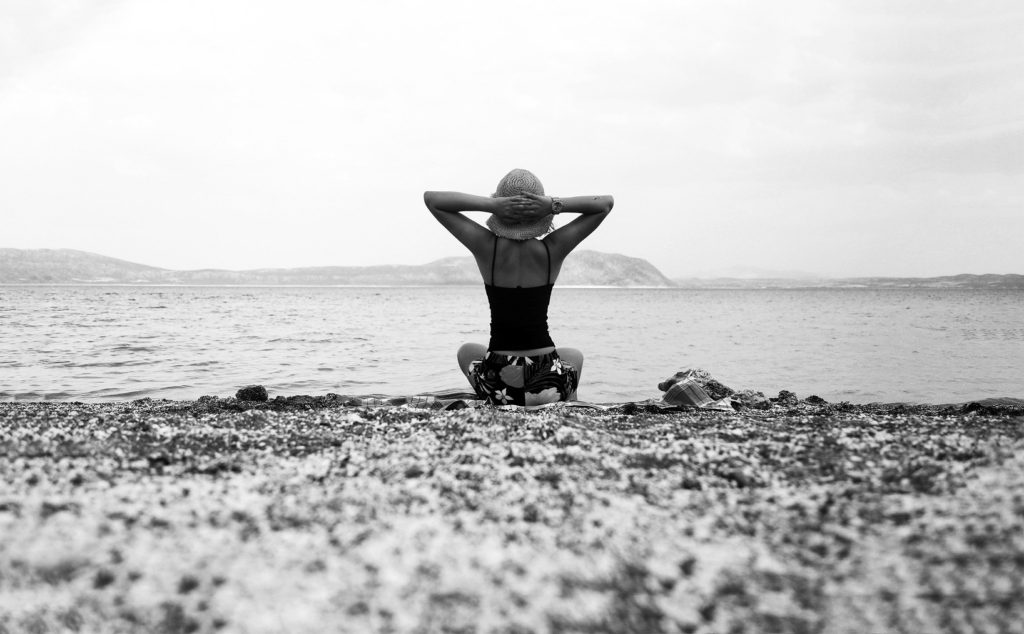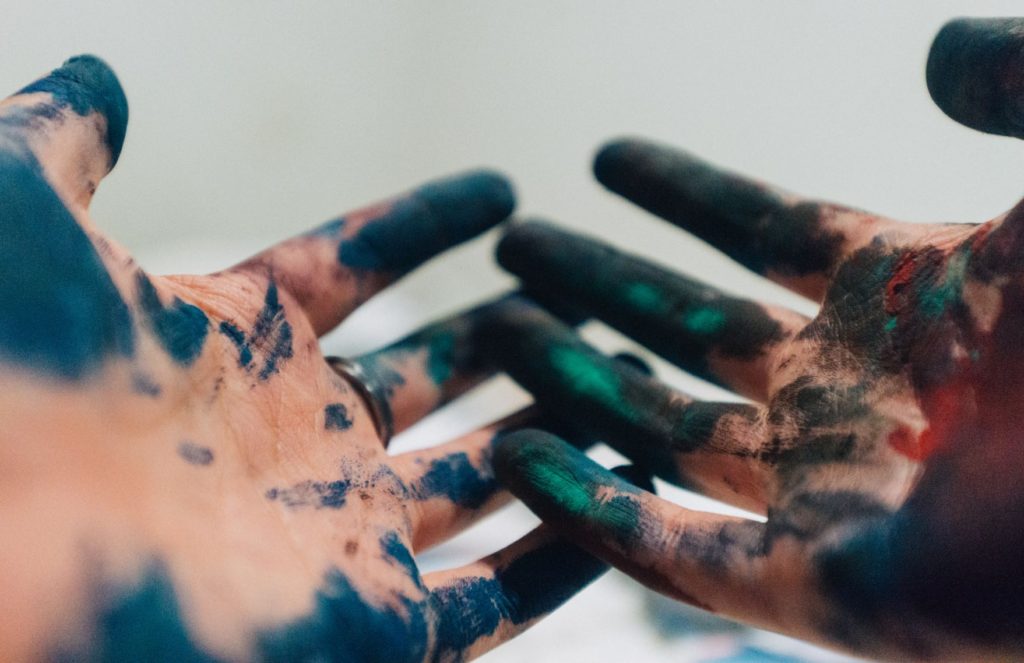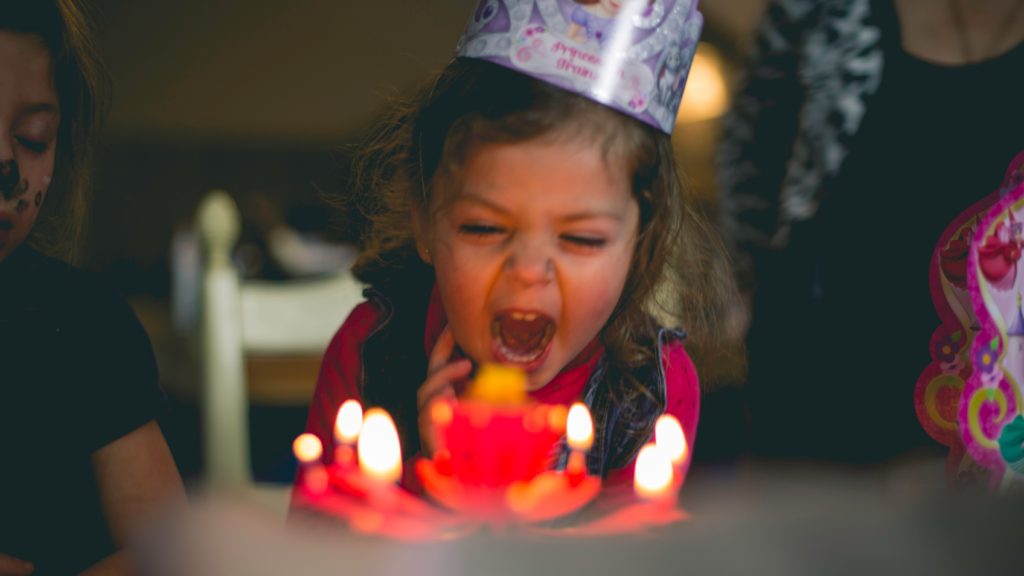“But what about God??”
Beloveds, I’m hearing this question a lot these days. I hear it from friends, parishioners, and clients.
I hear it most loudly from within myself.
I’ve stopped even remotely trying to fit the round peg of all of me into the square hole of who patriarchal religious tradition says I should be. Since my abstention from church, my relationship with God is fuller. More whole. Healthier. Holier.
I’m not fighting back so much. I’m softer and stronger. I’m more open to the God energy’s yearning to flow into me, through me, and out into the world.
I’ve even begun using the name “God” again. Although “God” means something/someone very different that it used to mean, for me.
God has many names. There are probably as many names for God as there are humans. We all experience God energy uniquely, because we’re unique.
Other (usually male) people’s theology has supplied us names and labels, and described our experience as good or bad, in or out. Some of us fit nicely into the square holes delineated by the theology we received from our families and culture. Some of us maybe did once but we just don’t anymore. Some of us never did, and we stopped trying long ago.
Becoming an adult means taking responsibility for your own theology. Because your theology underlies everything.
Your theology determines your relationship to your body. Your theology determines how much you trust or don’t trust your desires. Your theology determines every choice you make.
I’m using the word “theology” deliberately. I’m not talking about your spirituality. I’m not talking about your religion. I’m talking about your beliefs about God, period. Your theology is lived out in your spirituality and your religion. Your theology comes first.
Every unhappiness is a result of crappy theology.
Perhaps you believe lies you learned about God. Lies that cause you to suffer.
Lie #1: Jesus died for your sins.
On the contrary, beloved, Jesus doesn’t give a rat’s rooty-poo about sin, and neither does God. God’s only care is for your love for yourself, for others, and for the Earth. When you focus on sin, you focus on what’s wrong with you, on what you don’t deserve, and on how you can prove your worth. Which you never can, by the way. The premise is rotten to the core.
Lie #2: God despises the world and “things of the flesh.”
On the contrary, beloved, God IS creation. God IS your flesh. We are made of God, and God is made of us. We and God are interwoven. You are holy. Your flesh is holy. Your desires are holy. When you believe God doesn’t love your body, you don’t trust your desires and, because you live in a body, you’re never good enough. This self-loathing is quadrupled at least for women, because we live in bodies that change all the dang time.
Lie #3: God has a plan for your life, and your job is to figure it out and follow it. You have to strive mightily for your purpose and meaning.
On the contrary, beloved, Creator God is always at work. This means that who you are, as a member of God’s body, is always changing. Your job is to be the fullest version of yourself you can be in this moment. And then this moment. And now this one, too. Forever and ever until you die, and maybe after. Your job is to ride the wheel of change with trust and joy, grieving what’s dead and fully becoming the new you being born.
I could go on, and I will. Stay tuned.
So notice where you’re suffering. Then look beneath your suffering for the flawed theology causing your suffering. I promise you that it’s there. (Want to look together? Here’s how.)
We need you to do your grown-up theological work, and we need you to share your conclusions with us. When we do this work together, we strengthen each other. We find community. We create a new world, a world closer to God’s dream for Creation. We envision a new future, and together we find the strength and grace to incarnate it.
PS. Our first Community Conversation happens on June 17th at 9:00 am Pacific. Subscribe to my weekly letter for the link.
PPS. I’ll be sending emails only to my weekly letter list beginning on July 1st. Email subscribers will get new content, coaching opportunities, and notifications of upcoming events delivered straight to their inbox. You can subscribe here, and thanks!
Photo by Nikola Knezevic on Unsplash






